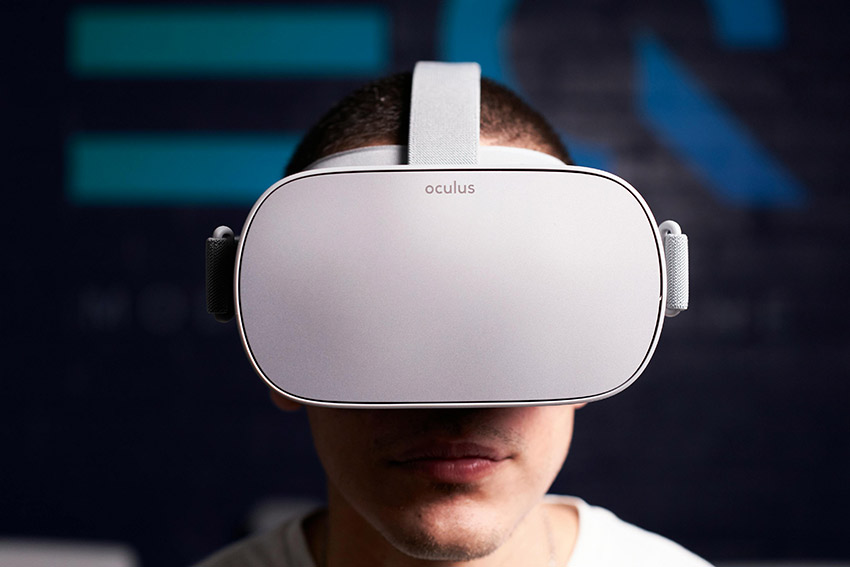AUT Emerging Innovator Treats Chronic Pain with Virtual Reality
Dr Debbie Bean, a Senior Lecturer at AUT’s Faculty of Health and Environmental Sciences, knows how challenging it can be to take research beyond the lab. But thanks to the KiwiNet Emerging Innovator Programme (EI Programme) accessed through AUT Ventures, she’s now one step closer to turning her groundbreaking work into something that can make a difference in the lives of chronic pain sufferers.
Debbie’s research focuses on Complex Regional Pain Syndrome (CRPS), a condition that leaves many New Zealanders in chronic pain with limited treatment options. Together with Dr David Rice, Debbie is pioneering a virtual reality-based approach that could revolutionise CRPS treatment by retraining the brain’s response to pain and supporting rehabilitation.

"My research had always been focused on improving patient outcomes, but the KiwiNet programme helped me understand the pathway from research to creating a product that could be distributed and used clinically," she explains. "It pushed me to think about how our research tool could actually end up being used in real-world clinical settings."
Through the EI Programme, Debbie received invaluable guidance on market validation, protecting her intellectual property, building industry partnerships, and identifying pathways to take her CRPS research into clinical practice. Her work in developing new ways to treat CRPS could eventually lead to therapeutic methods that could be used in hospitals and clinics across New Zealand.
"The programme gave me the confidence and mentorship to consider the pathway from the research lab to actually creating a product that can be distributed and used," says Dr Bean. "It’s one thing to have an idea in the lab, but to actually take that idea and turn it into something that can gets into the hands of patients—this programme gave me the tools to do that."
The EI Programme funded Debbie to attend an international pain conference in Europe to meet with other researchers as a key part of her market validation process. It was also through this programme that Debbie’s team secured KiwiNet tier-one funding to develop a $40,000 prototype of their virtual reality treatment tool. This funding opportunity helped her commission the prototype and move her research closer to clinical application.
Dr Nicola Kayes, Associate Dean - Research at the Faculty of Health and Environmental Sciences, is thrilled with Debbie’s progress. “Debbie’s dedication to understanding and treating Complex Regional Pain Syndrome has already made an incredible impact in the academic sphere, and her participation in the KiwiNet Emerging Innovator Programme is helping her take this vital research even further. Commercialisation is one of many pathways to impact and provides the opportunity to increase reach, access and engagement with research. We are really excited to see Debbie's work gaining momentum in the commercialisation space, where it can make a real difference for patients.”
Venture Programme Manager Cindy Luo has been supporting Debbie on her commercialisation journey. “Debbie has a great understanding of the challenges CRPS patients face and has been incredibly proactive in engaging with stakeholders and taking on feedback. She’s a shining example of what the Emerging Innovator Programme is all about—helping researchers create real-world impact.”
AUT Ventures can nominate candidates for the first cohort of the 2025 KiwiNet Emerging Innovator Programme, with applications closing on 7 February. If you’re an early-career researcher or PhD student at AUT with a big idea, this could be your chance to make it a reality.
